Social media is not only featured in the news – it often creates news and becomes a news source in and of itself. One outstanding example of this that originated right here in Canada is found on Twitter: #MMIW. This begins with something seemingly simple that is deeply important: a hashtag.
One of the most striking things that I have learned this semester is that the hashtag was not a built-in feature invented by Twitter – it was created by a regular person. One reading for class, “Social Media and Library Services” by Lorri Mon, published by Morgan & Claypool Publishers in 2015, explains the root cause of why users needed hashtags after the adoption of Twitter. It’s all about finding and organizing information.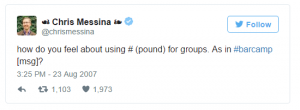
Mon writes, “standard “searchbox” features within social sites often function poorly, which makes alternative social organizing and finding features even more critical – if they don’t exist, users may invent them as happened with the development of the hashtag by Twitter users. Hashtags on Twitter as a user-created innovation are attributed to Chris Messina, who in 2007 suggested using them on Twitter as a way to be able to find threads of related messages and to hold larger conversations involving many users” (7). More readings about the history of hashtags can be found on About.com and Hashtag History.
Of course, hashtags have fantastic affordances when adopted by libraries. As Mon explains, “adding a popular hashtag on the library’s messages can also make postings more “findable” by desired user audiences on Twitter, taking advantage of Twitter’s user culture in reaching a wider audience.” Mon suggests certain hashtags that are associated with days of the week that libraries could use, including #MusicMonday, #ThrowbackThursday, #Caturday, and even #SelfieSunday (14). But how can libraries use hashtags for serious purposes? Can libraries be part of change-making hashtags like #MMIW, or are they confined to light-hearted, uncontroversial hashtags like #Caturday?
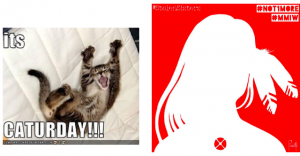
Typical results of Twitter searches for #Caturday and #MMIW
The hashtag #MMIW stands for the phrase “missing and murdered Indigenous women,” which refers to a human rights crisis across Canada. Almost 1,200 indigenous women and girls have been killed or are missing under suspicious circumstances across Canada, according to a 2012 Royal Canadian Mounted Police report. In a scathing report about the Canadian government’s lack of response to the crisis of missing and murdered Indigenous women, Amnesty International cites statistics that say Indigenous women are four times more likely to be murdered than non-Indigenous women. The government’s lack of response to this epidemic has been criticized by international human rights organizations such as the United Nations and the Inter-American Commission on Human Rights.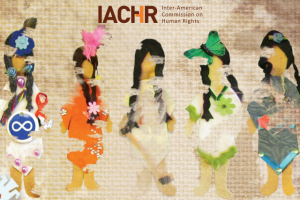
The hashtag originated with Grand Chief Sheila North Wilson, an indigenous woman who is an advocate for First Nations people in Manitoba, who created the hashtag as a way of raising awareness about tackling violence against Indigenous women. #MMIW has now become adopted into the common lexicon of how both activists and the broader public talk about this epidemic on social media. Google searches of #MMIW lead to tens of thousands of news articles about the topic. For example the CBC, the Huffington Post, and Global News all use the hashtag to classify articles about the topic. On Valentine’s Day, marches and vigils in the honour of the memory of missing and murdered Indigenous women were held throughout Canada, and participants and media used #MMIW to document the day’s activities and educate the public about the cause.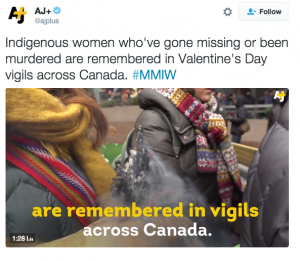
A cursory search of the Vancouver Public Library and University of British Columbia Library‘s Twitter accounts show that they have yet to use the #MMIW hashtag. Perhaps, as two of the many libraries located on the traditional and ancestral territory of the xʷməθkʷəy̓əm (Musqueam) people, they can be leaders in this respect and find ways to utilize #MMIW and other hashtags created by activists who aspire to use social media to create social change.

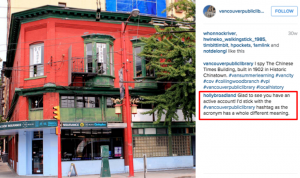
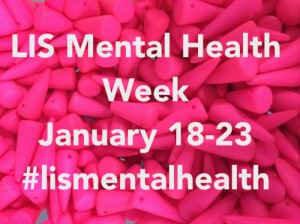 Librarians and bloggers Cecily Walker and Kelly McElroy founded the first-ever
Librarians and bloggers Cecily Walker and Kelly McElroy founded the first-ever